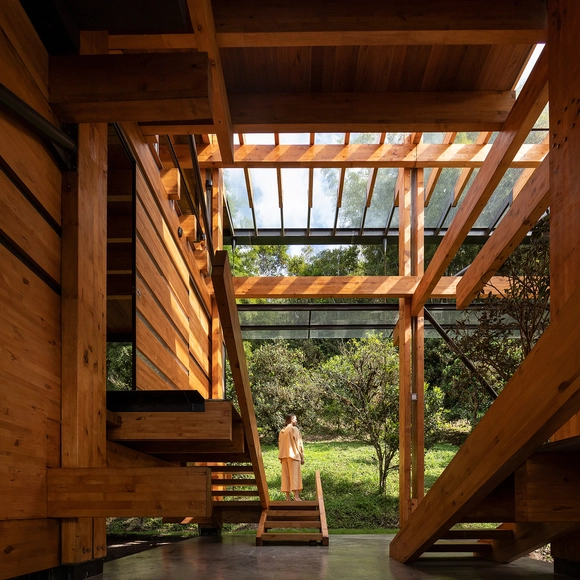
In partnership with the European Cultural Center (ECC), ArchDaily has launched its inaugural exhibition as part of the seventh iteration of Time Space Existence, an architectural showcase occurring concurrently with the 19th Venice Architecture Biennale. Open from May 10 to November 23, 2025, in various locations throughout Venice, this edition centers on the theme of "Repair, Regenerate, and Reuse," promoting innovative and sustainable approaches in architecture. ArchDaily's contribution is located at Palazzo Mora, complementing other venues like Palazzo Bembo, Marinaressa Gardens, and Palazzo Michiel.










![Wiki Tribe Park / Wiki World + Advanced Architecture Lab[AaL]. Image © Wiki World Introducing ArchDaily's First Exhibition: 'New Practices' at Time Space Existence 2025 in Venice - Imagem 3 de 4](https://images.adsttc.com/media/images/680b/0377/7922/e301/8762/ba27/thumb_jpg/time-space-existence_1.jpg?1745552265)


























